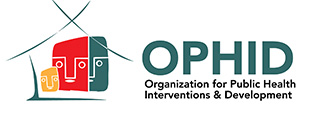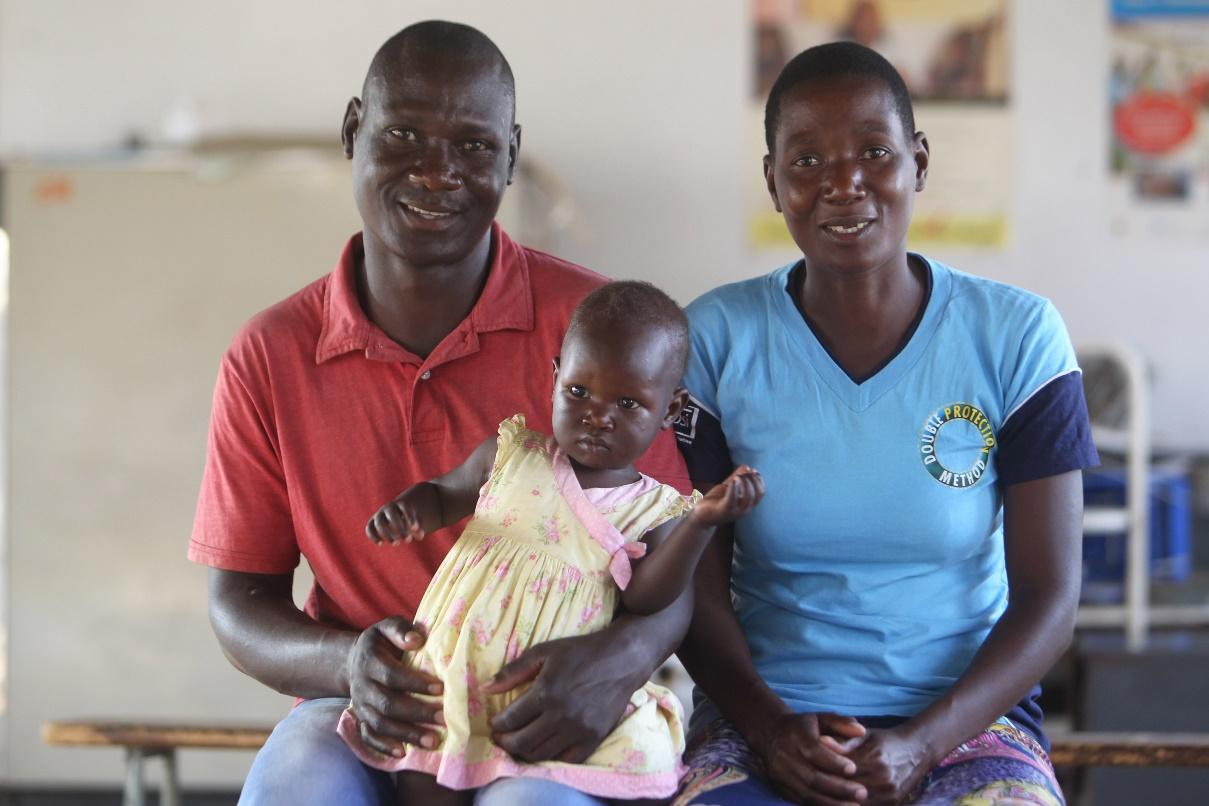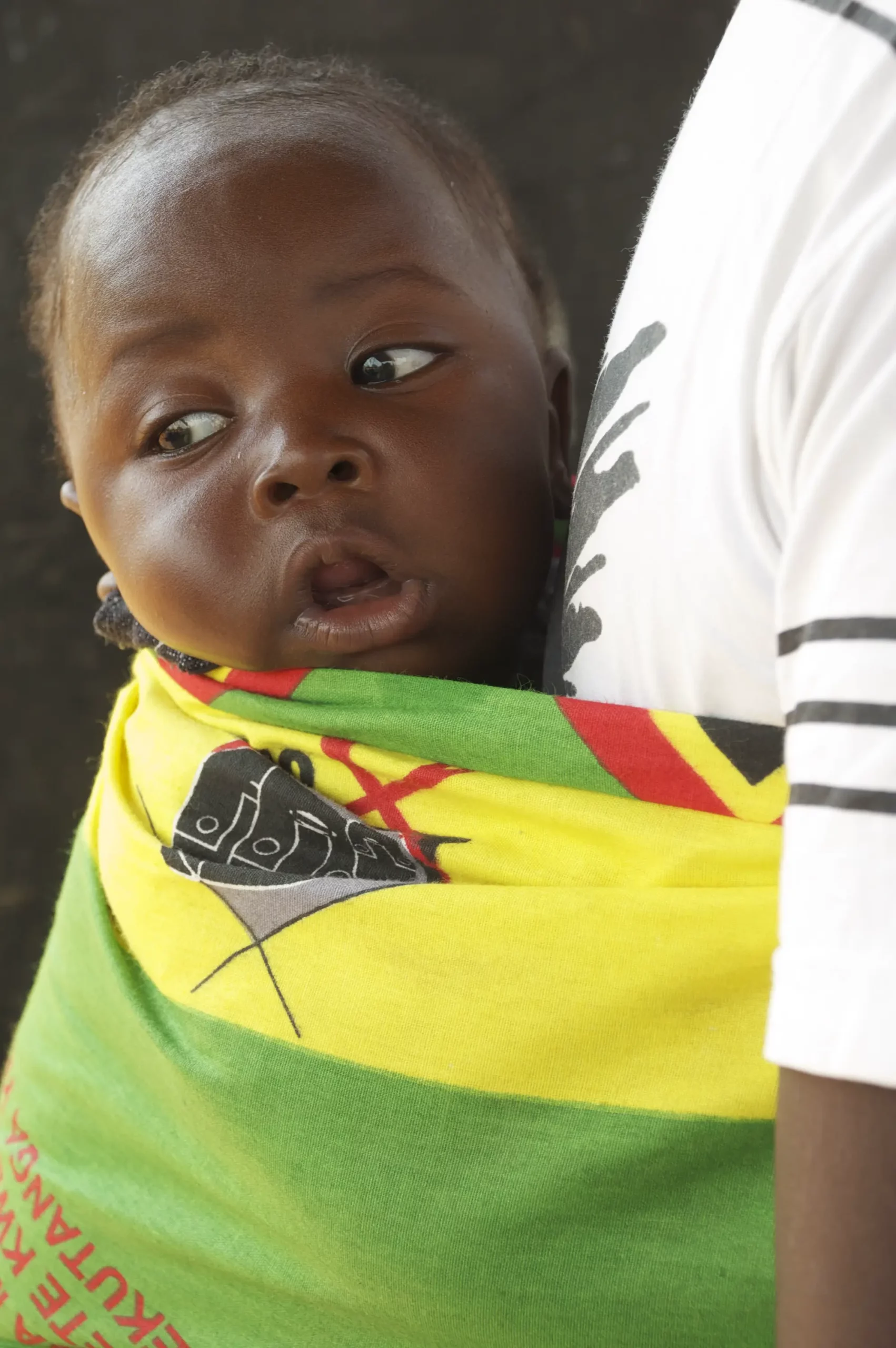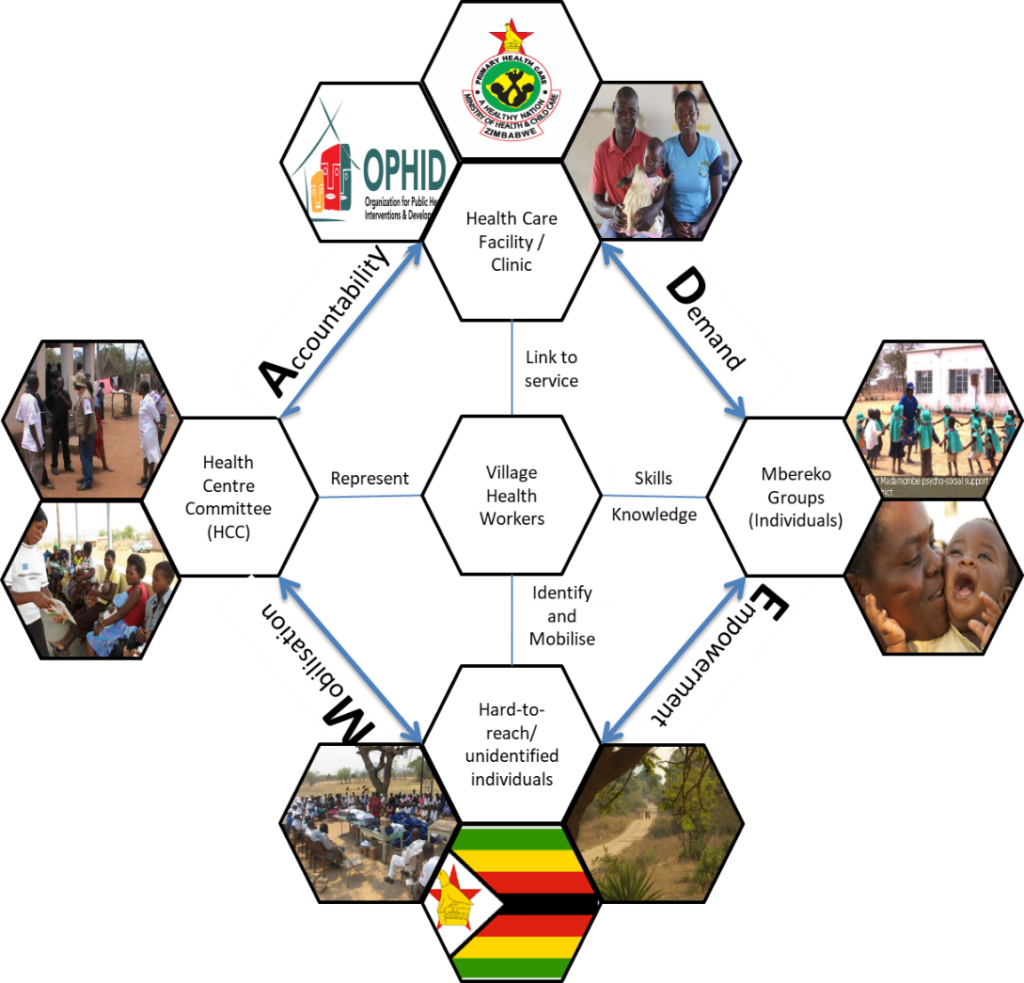The Mbereko+Men Model: a community based intervention to improve care-seeking for maternal, newborn and child health services and care and support in the home






Why Mbereko+Men?
Available data indicate that maternal, newborn and child health (MNCH) in Zimbabwe is being compromised by low uptake of essential health services along the continuum of care over the critical 1,000-day period covering pregnancy and the first two years of life. Multiple interrelated demand-side barriers constrain the capacity of rural Zimbabwean women to seek health care.
Previous research and program experience, from Zimbabwe as well as other low- and middle-income country contexts, identified social support, women’s economic empowerment, and men’s positive engagement in family health as important enablers at the community level that can support women to access essential MNCH services.
The Mbereko+Men Model
The Mbereko women’s empowerment group model was developed over decades of OPHID’s participatory co-design of maternal and child health and prevention of mother to child transmission of HIV programs in Zimbabwe. The Mbereko+Men Model involves three core components.
Mbereko: Women’s Empowerment Groups: facilitated problem solving, income generation activities and internal savings and lending, peer-based psychosocial support.
+Men: Men’s Facilitated Dialogue Sessions & commitments to support maternal and child health through community-based Family Health Charters
Community & Health Facility Capacity Building & Mobilisation: Engagement of Health Centre Committees to support and mobilise communities.

Mbereko+Men Impact
The Mbereko+Men Model has been iteratively refined and supported as part of OPHID’s MNCH and PMTCT programming. To provide robust evidence of the effectiveness of the model on improving sustained access to health services OPHID and the Burnet Institute conducted a Cluster-randomised controlled pragmatic trial 8 rural health facilities (4 intervention, 4 control) randomly selected in Mutasa District, Zimbabwe from April 2016 and Nov 2017.
Key findings and impact of Mbereko+Men include:
- Maternal Mental Health improved significantly more in Mbereko+Men arm as compared to control communities, with a decline in postnatal depression (EPDS) score was 34% greater in the intervention arm.
- Care-seeking was significantly higher in the Mbereko+Men communities across multiple ‘persistently problematic’ PMTCT cascade indicators including early antenatal care booking, couples HIV testing and timely postnatal care for mothers and babies.
- Male engagement and care and support in the home was significantly greater in Mbereko + Men communities.
- Mbereko+Men was subsequently recommended by the Zimbabwean Ministry of Health and Child Care Plan for Elimination of Mother to Child Transmission of HIV & Syphilis in Zimbabwe 2018-2022 as a recommended strategy for the development context specific male involvement interventions for EMTCT.
- Mbereko+Men was selected by the Australian Department of Foreign Affairs and
- Trade (DFAT) Australian NGO Cooperation Program as one of four
Stories of Significant Change from over three hundred global submissions for its impact in transforming men’s roles, care and support in the home with a focus on gender equity and social inclusion. - Mbereko+Men evaluation and research findings have been disseminated widely in numerous conference presentations and journal publications. Mbereko+Men findings were highlighted in UNICEF’s Selected PMTCT, Pediatric, Adolescent, and Maternal/Adult Abstracts from the 2022 International AIDS Conference in Montreal, Canada.